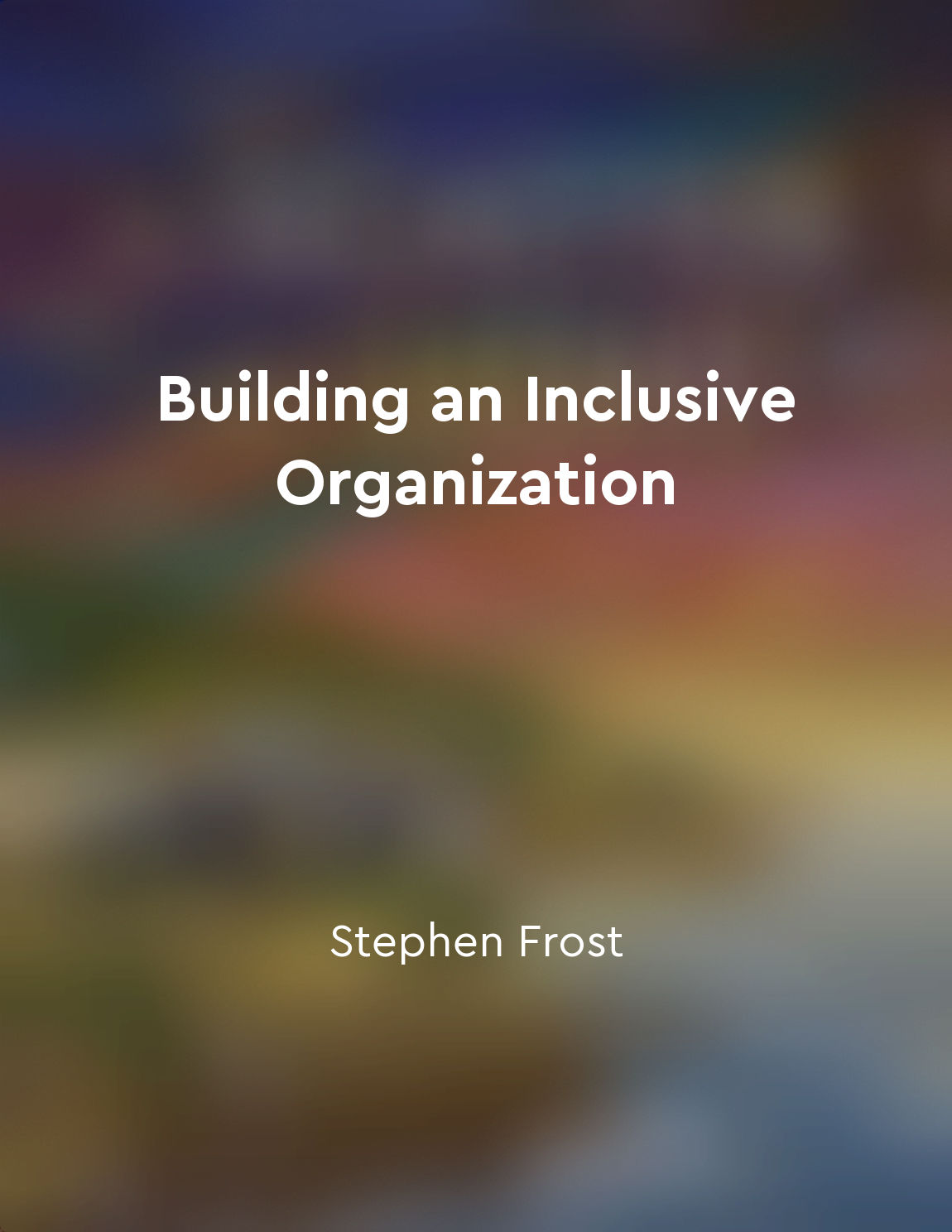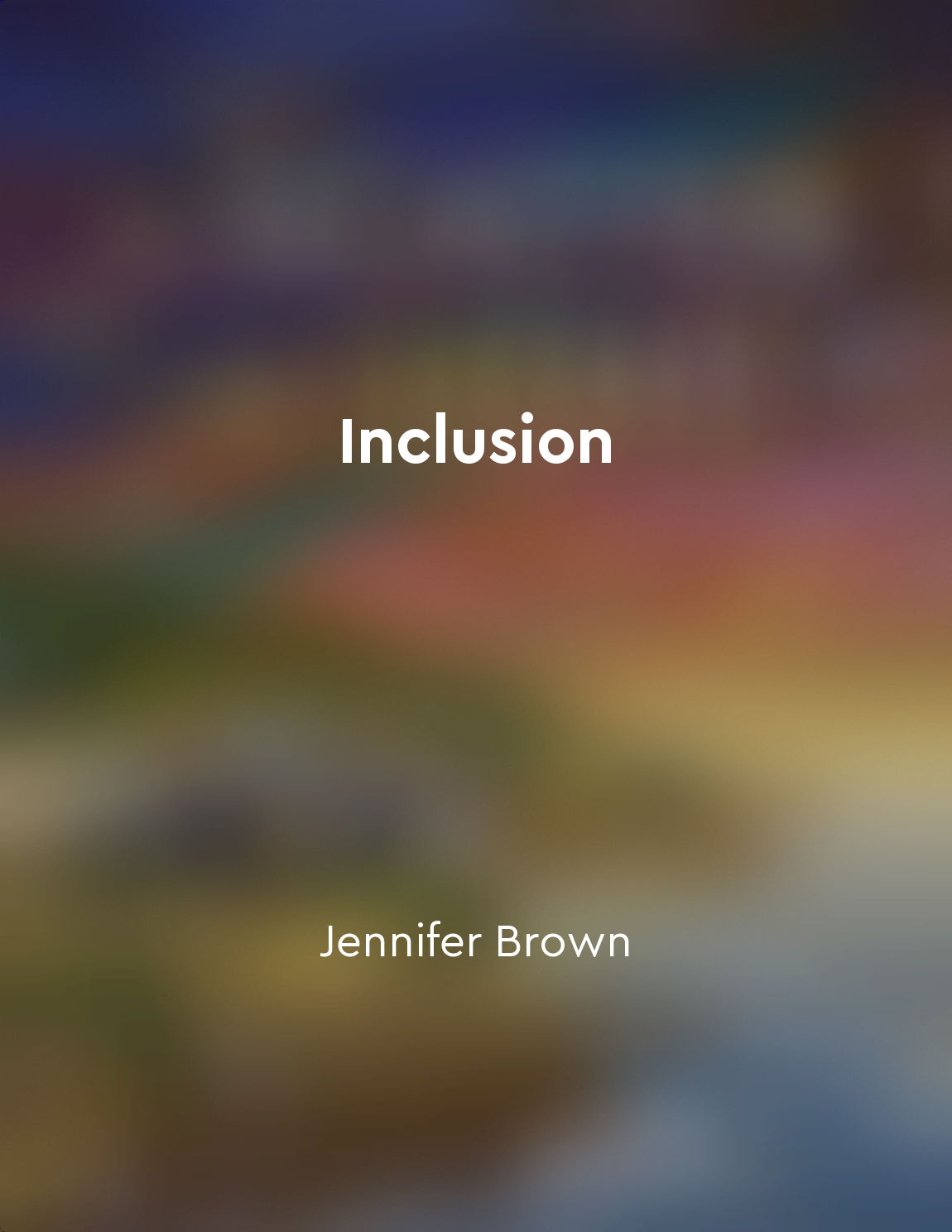Audio available in app
Recognize unconscious bias from "summary" of Inclusion by Jennifer Brown
Unconscious bias is something that every single person has. It's a natural part of being human. We all have experiences, beliefs, and perspectives that shape the way we see the world. These things can influence how we perceive others, even if we're not aware of it. Recognizing unconscious bias means becoming aware of these hidden prejudices and assumptions that we hold. It's about understanding that our brains are wired to make quick judgments based on limited information. These judgments can lead us to make unfair or inaccurate decisions without even realizing it. By acknowledging our unconscious bias, we can begin to challenge and change it. This process involves taking a step back and examining our thoughts and actions. It requires us to question why we might be feeling a certain way about someone or something. Recognizing unconscious bias is not about blaming ourselves or others. It's about accepting that bias exists and taking responsibility for addressing it. This can be uncomfortable and challenging, but it's a necessary step toward creating a more inclusive and equitable world.- Recognizing unconscious bias is a crucial first step in the journey toward building a more inclusive society. It requires self-reflection, open-mindedness, and a willingness to change. By acknowledging our biases, we can begin to break down the barriers that divide us and work toward a more united and understanding future.
Similar Posts
Our behavior is influenced by our genes, but it is not determined by them
Genes play a significant role in shaping our behavior, but they are far from the sole determining factor. Genes do not operate ...
Seek common ground with your opponent
When engaging in a debate or argument, it is essential to remember that the ultimate goal is not always to emerge as the victor...
The author highlights the importance of addressing family tensions
The significance of acknowledging and resolving family tensions is underlined throughout the narrative. The author delves deep ...
Reflect back what you hear
When we reflect back what we hear, we are essentially mirroring what the other person is saying. This involves not only repeati...
Gender stereotypes can limit women's career advancement
Gender stereotypes can limit women's career advancement in various ways. One of the most common ways is the assumption that wom...
Social psychology is the scientific study of how people think, feel, and behave in social situations
Social psychology delves into the complexities of human behavior in social contexts. It seeks to understand how individuals thi...
Recognize the power dynamics at play in any social setting
Understanding power dynamics in any social setting is crucial to navigating relationships effectively. Power dynamics refer to ...
Setting boundaries ensures healthy conversations
When you enter a conversation, you bring with you your own set of beliefs, values, and experiences. These factors shape the way...
Use silence strategically to allow for reflection and understanding
When engaged in a crucial conversation, the ability to use silence strategically can be a powerful tool. By allowing for moment...

Challenge systemic barriers to inclusion
To truly create an inclusive organization, it is imperative to identify and address the systemic barriers that may be preventin...


